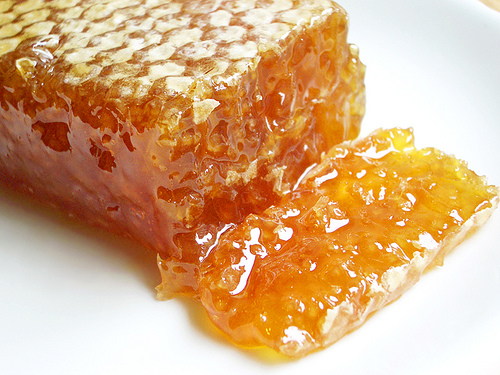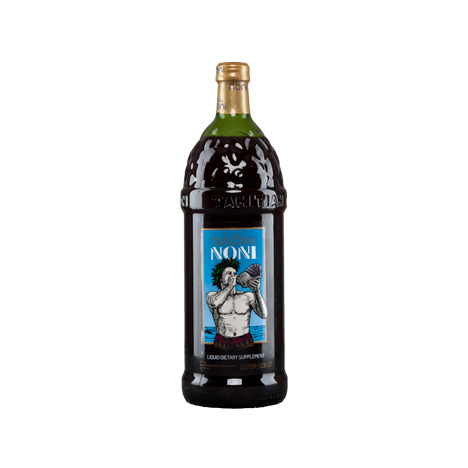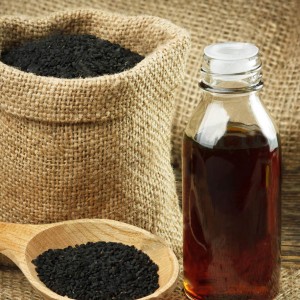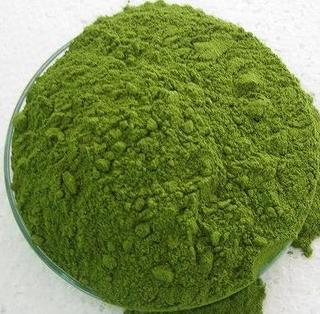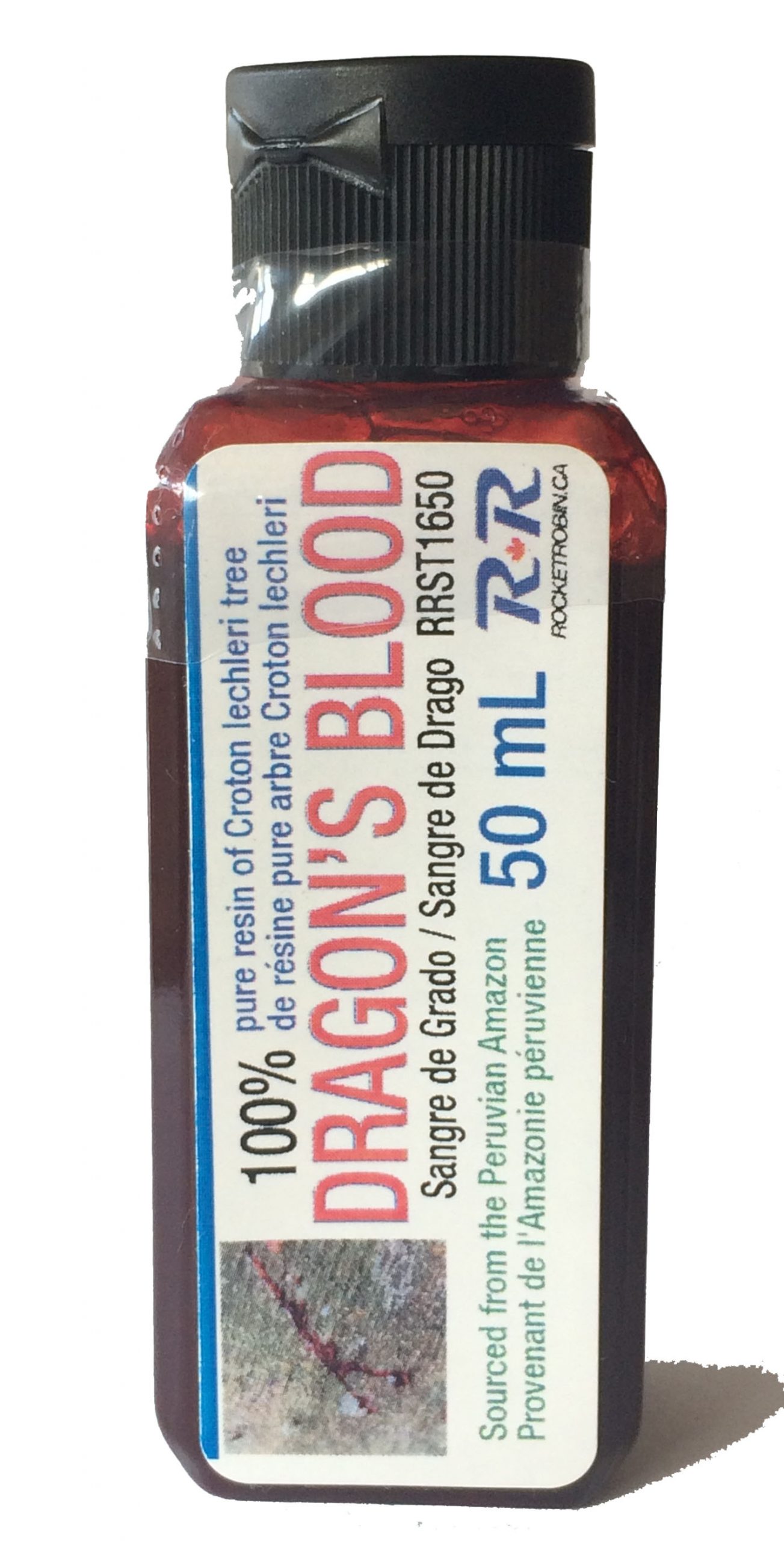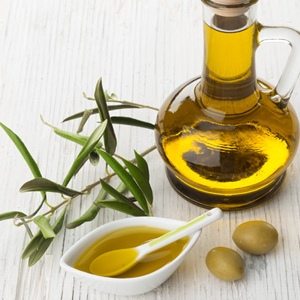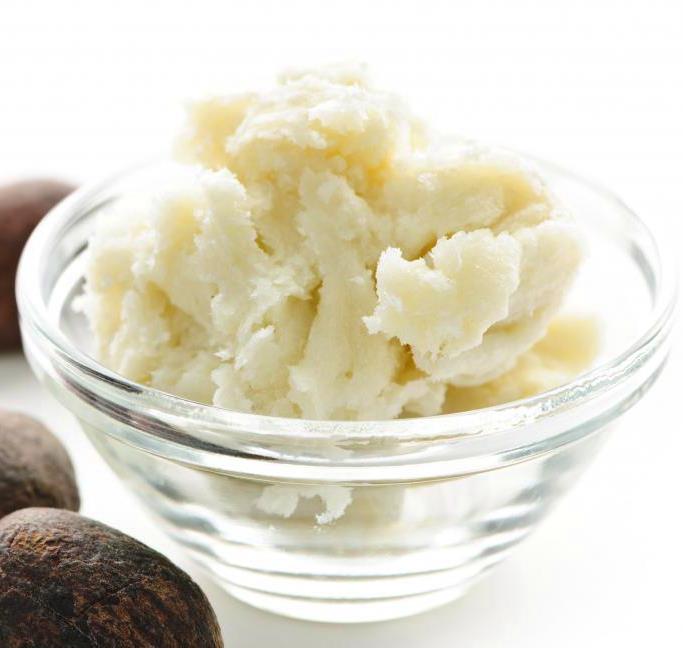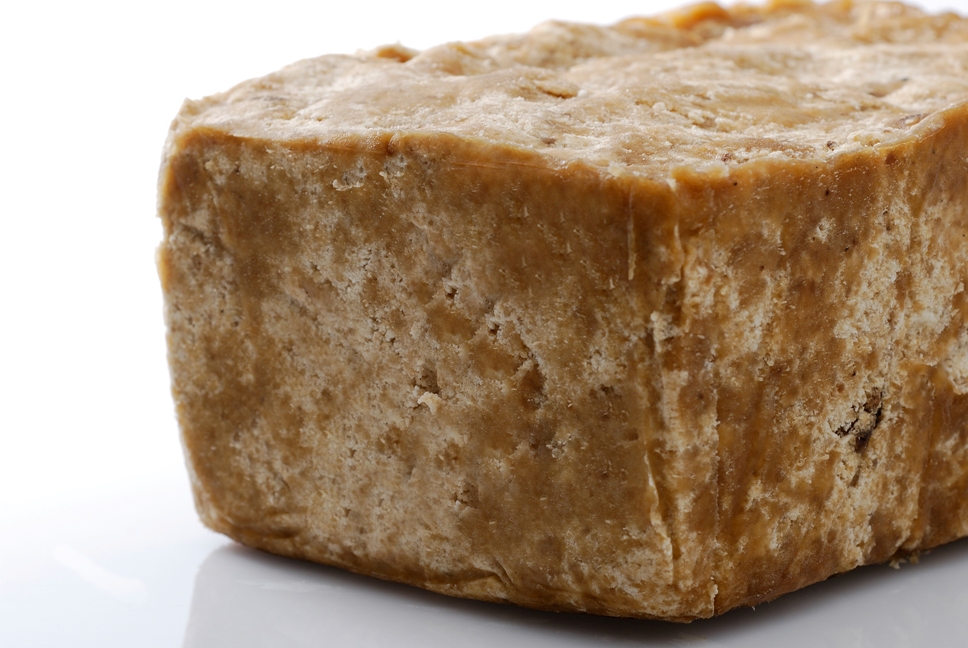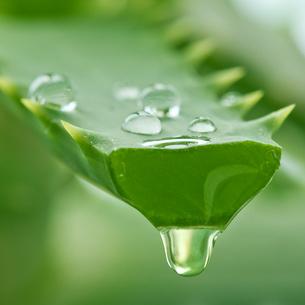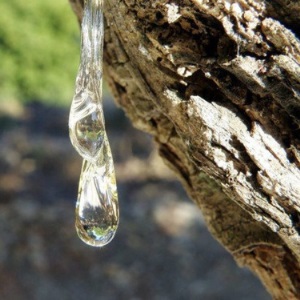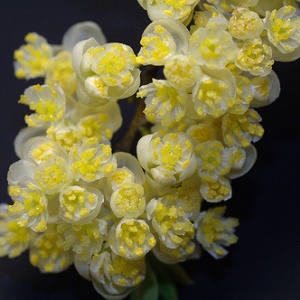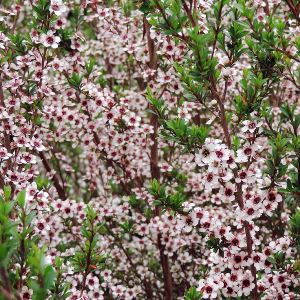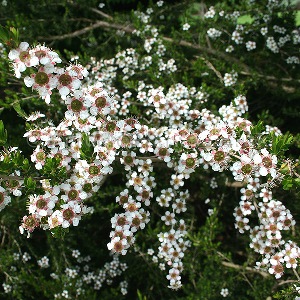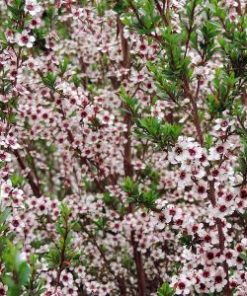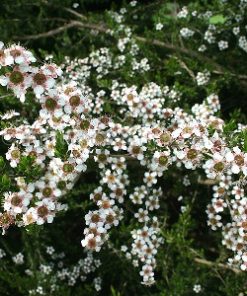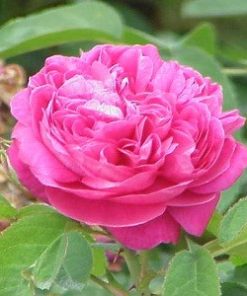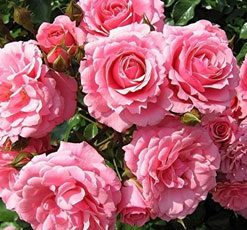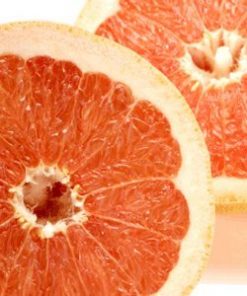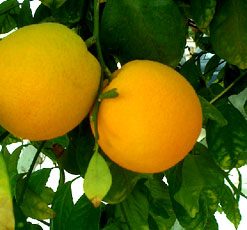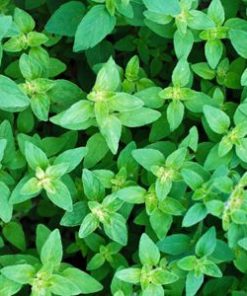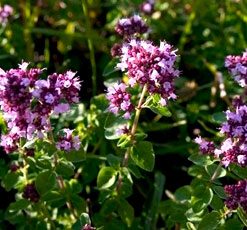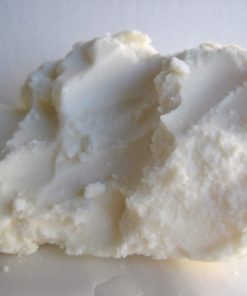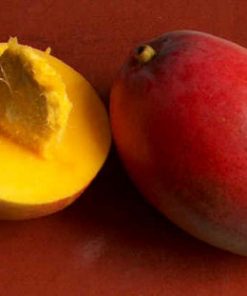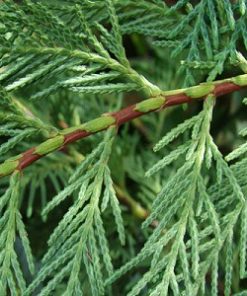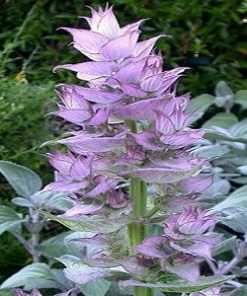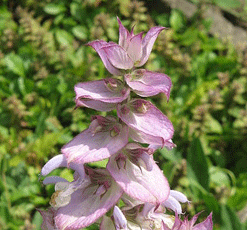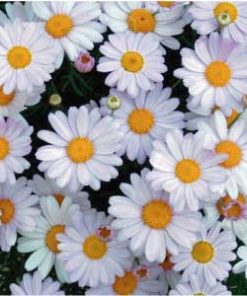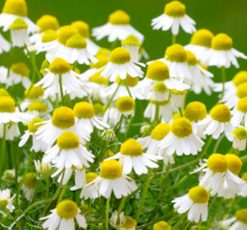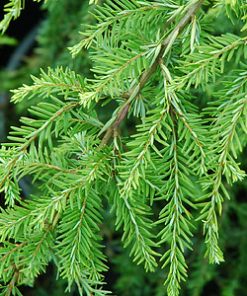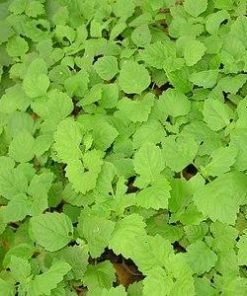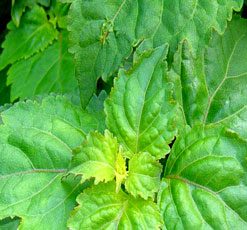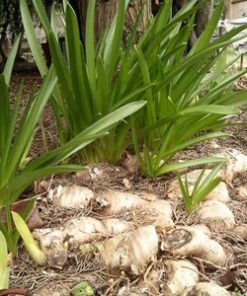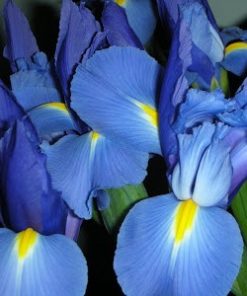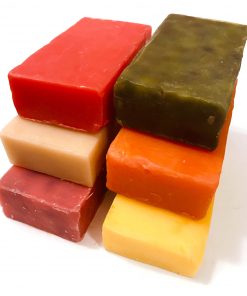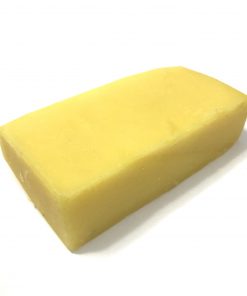Description
Essential Oil Manuka (15 mL)
Essential Oil Manuka
Manuka essential oil is derived from the leaves of Manuka through steam distillation. The leaves and twigs of this small shrub have a long history of medicinal uses.
Manuka, as it is called by most New Zealanders, was used in pre-European times by the traditional people of New Zealand, the Maori, and still is. A decoction of the leaves was drunk for urinary complaints and as a febrifuge. The steam from leaves boiled in water was inhaled for head colds. A decoction was prepared from the leaves and bark and the warm liquid was rubbed on stiff muscles and aching joints. The emollient white gum, called pai Manuka, was given to nursing babies and also used to treat scalds and burns. Chewing the bark is said to have a relaxing effect and it enhances sleep.
All parts of this plant have been used by the Maori people as an important part of their natural medicine. It is believed that both manuka and tea tree (Melaleuca alternifolia) were used by Captain Cook to make a tea drink, thus given the name Tea Tree.
HISTORY OF USE
Manuka oil has long been valued for its healing properties. For centuries Maori and later European settlers of New Zealand knew the therapeutic benefits and uses of the Manuka tree and its oil.
Maori were very adept at using native trees and plants for food and Maori medicine .
Infusions and poultices were made from the leaves and inner bark,
and the seed capsules and sap were chewed. Early European migrants produced a tea from Manuka leaves for refreshment and health.
A concoction of leaves was drunk for urinary complaints and used to reduce fever. The leaves were boiled in water and inhaled for head colds. Leaves and bark were boiled together and warm liquid was rubbed on stiffs backs and rheumatic joints. The leaves and young branches were put into many vapour baths.
Young shoots were chewed and swallowed for dysentery. Both Manuka and Kanuka were used as medicinal plant alone and in combination with other native plants. Originally, knowledge of medicinal plants was held exclusively by the Tohunga ( Maori spiritual healer).
This knowledge was kept alive and passed down the family by elders who continue to use the remedies today. It is only recently that scientists have realised the active ingredients in the Manuka oil, which is a complex mixture of some 120 natural compounds.
Laboratory tests show that strains of staphylococcus and streptococcus bacteria, and fungi are very susceptible to manuka oil, as is the yeast Candida albicans .
Aromatic Description: Woody, earthy, balsamic. It is richer and warmer than common Tea Tree.
HEALTH BENEFITS
Manuka Oil is up to 33 times stronger than tea tree essential oil for protecting against certain strains of bacteria. It’s also effective against the MRSA (Methicillin-Resistant Staph. Aureus) bacteria, which is resistant to normal antibiotics.
Manuka is one of the youngest entries in the book of aromatherapy, as its uses in aromatherapy were discovered quite recently. However, its medicinal uses have been known for a long time among the original inhabitants of New Zealand, the country to which this tree is native.
Recent studies have revealed that manuka oil is a rich source of sesquiterpenes that are responsible for its incredible antibacterial qualities and its wide range of medicinal potential.
Manuka essential oil is full of natural compounds that make it so desirable in the treatment of a broad spectrum of conditions, they include the following properties:
• Antibacterial
• Anti-fungal
• Anti-inflammatory
• Antiseptic
• Antimicrobial
• Antihistamine
• Cicatrisant
• Cytophylactic
• Relaxant
Caution: NEVER USE INTERNALLY without consulting professional medical help
- Not recommended for pregnant women and infants.
Individuals with serious and chronic health issues should consult an expert prior to using oils.
TRUST ROCKET ROBIN
Rocket Robin is proud to be your supplier of truly natural products with simple ingredients in support of your family’s health and well-being.
Additional information
| Weight | 0.1 kg |
|---|---|
| Dimensions | 10 × 10 × 1 cm |

